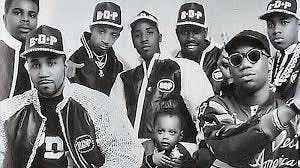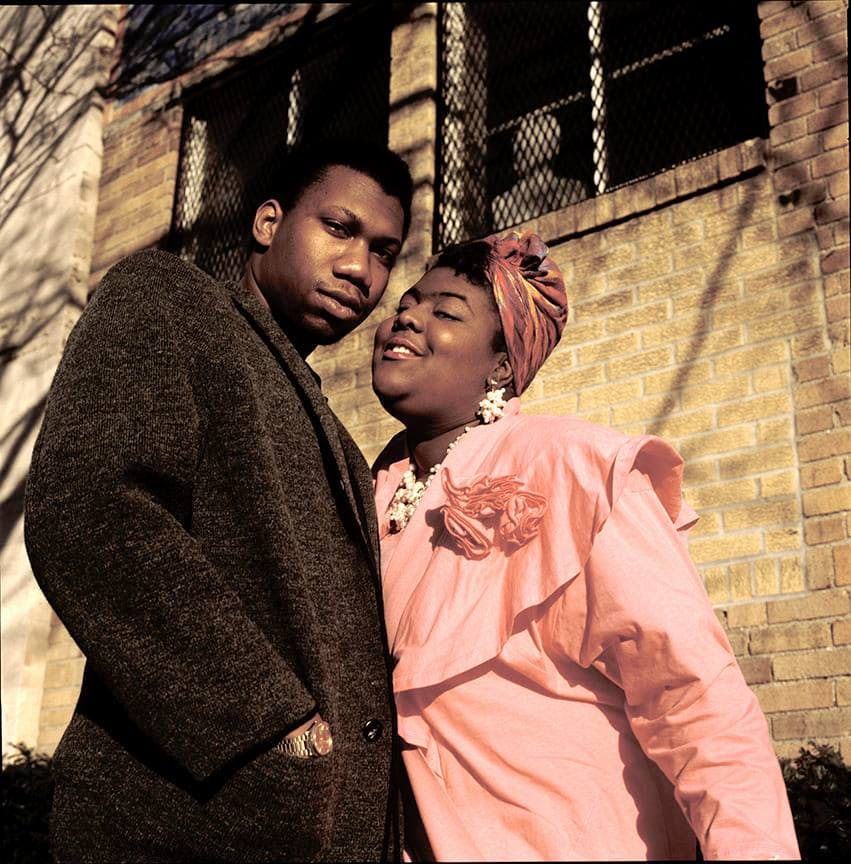features
Classic Albums: 'By All Means Necessary' by Boogie Down Productions
Classic Albums: 'By All Means Necessary' by Boogie Down Productions
Published Sat, April 12, 2025 at 12:00 PM EDT
"We all planned our goals. We knew exactly what we wanted to do and where we wanted to go. I feel...in a way...us as a group, we don't mourn..."
He wanted to teach through his music.


"My Philosophy" was the first single from the new B.D.P. album and it firmly announced KRS-One Mach II.
Along with assuming leadership of B.D.P., another new element in KRS-One's life was marriage. He and Miss Melodie tied the knot in 1987.
In January of 1989, KRS and Nelson George recruited a litany of legendary Hip-Hop artists from around New York City.

I see Rakim more or less as a silent figure, someone who is just respected, with no words—don’t say much, don’t do much—but he is someone who is respected because of his beliefs in Islam. In Chuck D I see the militant. I see the front lines. I see the one who is going to die first. And in myself I see the middle, the organizer of the two. I’ll go second. But we’re all going to go..."
- KRS-One (INTERVIEW Magazine, 1990)

I am more than just a recording artist kicking dust/I'm a sandstorm taking human form..."
- "Part Time Suckers"





